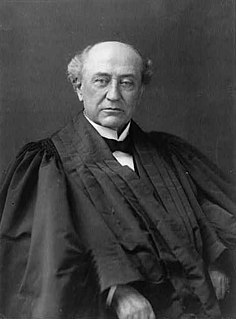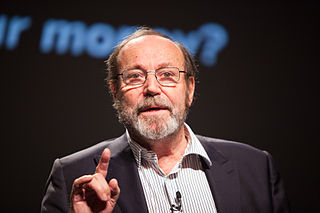A Quote by Andrew Adonis, Baron Adonis
As a Londoner who delights in the capital's dynamism and diversity, I none the less agree with Ken Livingstone that London hosts too great a share of our national institutions. Where sensible, more should be located in other cities, particularly new or reformed institutions that involve new facilities.
Related Quotes
It cannot suffice to invent new machines, new regulations, new institutions. It is necessary to change and improve our understanding of the true purpose of what we are and what we do in the world. Only such a new understanding will allow us to develop new models of behavior, new scales of values and goals, and thereby invest the global regulations, treaties and institutions with a new spirit and meaning.
Our marvelous new information technologies boost our power and opportunities for political engagement, but they can also disempower us by contributing to extreme political mobilization that sometimes overwhelms our institutions. These institutions were designed for rural societies operation at a tiny fraction of today's speed and with a citizenry vastly less capable that today's. It's unclear how they will change to adapt to the new reality, but change they must.
Thus, the capital owner is not a parasite or a rentier but a worker - a capital worker. A distinction between labor work and capital work suggests the lines along which we could develop economic institutions capable of dealing with increasingly capital-intensive production, as our present institutions cannot.
We can't have extraordinary dynamism, innovation, and change in the economy and expect to have predictability and stability in our personal lives. It's not as if there are these big, giant institutions existing between us and the economy. In fact, these institutions have become tissue-thin. There is no mediation anymore. We are the economy; the economy is us.
Look at any financial institution, at any bank. They're all photocopies of each other. There's no diversity of institutions and even less diversity of currency. Therefore, just as you say its very logical that an ecosystem like this will collapse, it's very predictable a monetary system like this will collapse, too. And it hasn't finished collapsing, by the way.
We desperately need some new thinking today about systems of global governance. We're stuck with the same obsolete, ignore-the-earth institutions that were brough into being after the 2nd World War, and they're now failing us ever more catastropically. Wild Law shows just how radical we now need to be in creating new institutions that are genuinely 'fit for purpose' in the 21st Century.

































